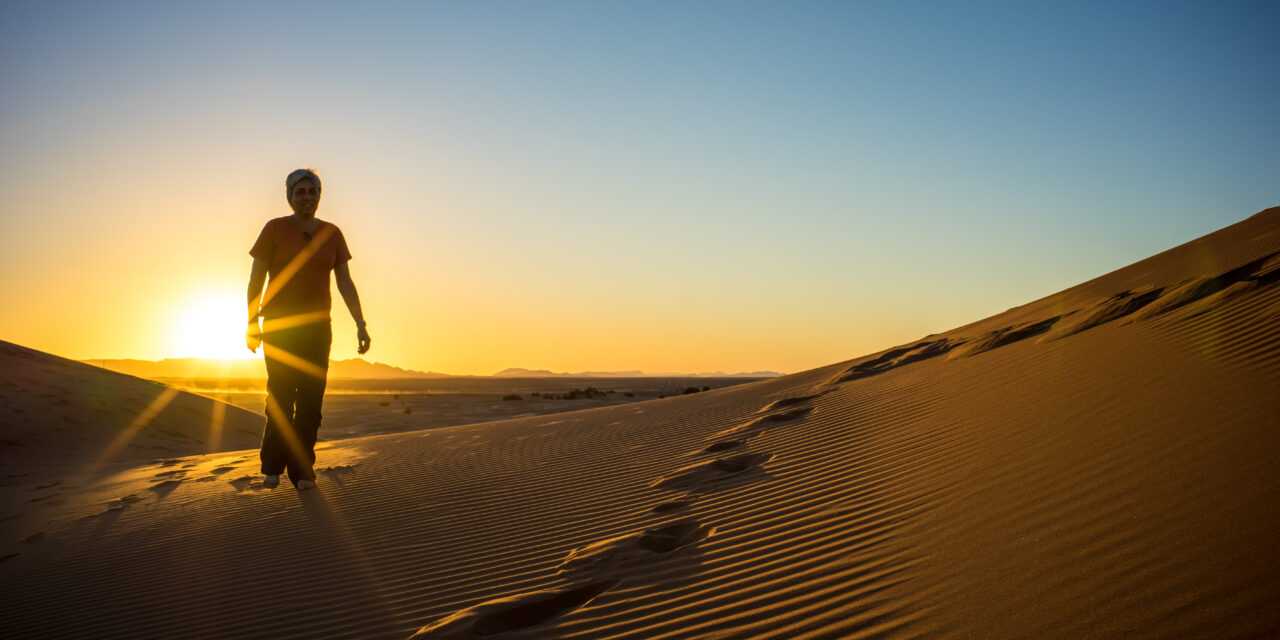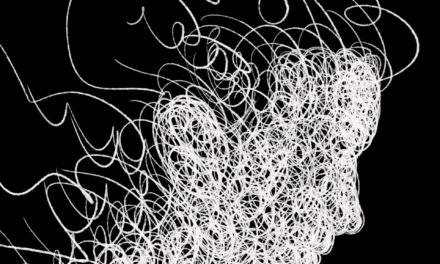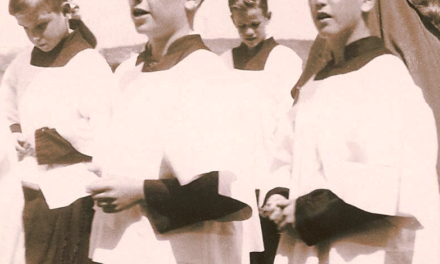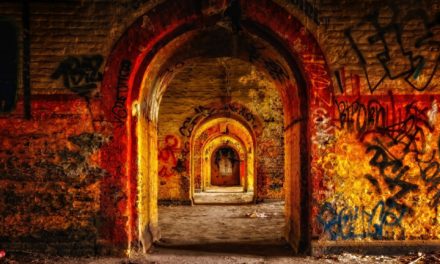As a stranger, Sebastian always felt at home. Whether in a shabby room with stained wall paper three blocks from the sea in an isolated fishing village on the coast of Ecuador, or in a lonely mountain hut lit by kerosene lamps and a flickering fire on the old stone hearth, high in the Vorarlberg near the village of Namlos. It all felt good. What didn’t feel good was being back home, immersed in a world of too-muchness, surrounded by enormous, noisy cars, labyrinthine malls offering a plethora of plastic gadgets and hand-held devices to replace another human hand, huge supermarkets displaying piles of brightly colored fruit without the taste of sunshine, and everywhere a cheerful babble of conversation circling nothingness. Yes, there at home, he felt a foreigner, lost in outer space, an alien, a reject.
But now, with twilight thickening, he listened to the grinding of the gears, as the heavy truck lumbered its way up to the highest mountain pass in the Atlas range beyond Marrakech. The pair of truck drivers, bound for Goulmime in the far south, the land of les homme blues, were Berbers and contentedly murmured a few words back and forth as they snaked their way up the familiar road toward the heights. There were no shoulders to speak of and just beyond the edge of the asphalt was a drop into oblivion. Once night had fallen, the abyss became invisible. Sebastian was not sure if that was comforting. But, as a hitchhiker, he had put himself in the hands of his unknown benefactors and the hands of God. Inshallah.

After several hours, the roaring of the engine suddenly stopped and the Berber closest to him touched him gently on the arm. “Votre destination,” was all he said. Sebastian staggered down from the cab, pulling his backpack out from behind the seat. The village looked sound asleep. The driver had wandered off into the darkness. Everything was still, the sky overhead was black, with a few bright stars gleaming in the icy dome. “C’est Tizi-n-Test,” said the Berber who had awakened him. “Votre destination,” he repeated.
So this was the high point of the road heading south. This was the famous mountain pass at almost 7,000 feet. No wonder the night air pricked at his skin and sent a shiver down his spine. For the first time, he reached for the small wool scarf in the side pocket of his backpack and wrapped it around his neck. He pulled out the only sweater he had brought on this journey and briskly thrust his arms into the sleeves. He pulled his beret tighter on his head. He stood beside the Berber and saw the glint of his smile, as a full moon burst forth, floating free from the bank of clouds gathering in the valley below them. They stood amiably silent beneath the silent stars, waiting.

Finally, the driver returned with a villager in tow. The villager had a key and led all three of them to a stone structure and opened the door. The large room inside was bare, but there was a bedstead with a spring mattress, a table, a chair, and an oil lamp. The villager lit the oil lamp and the driver pushed down on the mattress, then sat down, then lay down, then jumped up. “Ça va,” he said, La bas,” and Sebastian felt, beginning to unroll his sleeping bag, that indeed, all was well and all would be well. “Merci, beaucoup,” he shook hands with the driver and the back-up driver. He had been studying French since junior high, but it still felt like an adventure. Then he added the Arabic “Choukran,” pressing his right hand to his chest, over his heart. A greater adventure. How comforting the strangeness of the word, the otherness of the gesture. Then, suddenly, he remembered the word a friendly hashish-chewing hippy in the souk had told him back in Marrakech: “Tanmert.” The one word of Berber that he knew. Another step, further from home. How good it felt. The two drivers and the villager smiled when they heard that familiar sound of thanks, formulated by a foreign tongue. After the villager poured him a glass of crystal-clear water from a ceramic pitcher and placed the key in the middle of the table, the three men turned to the door and, calling out “Labas,” they filed out and softly closed the door behind them. The drivers would push through the night, under the full moon, and arrive in Goulmime by morning. The villager would go back to sleep in his own cold house.
Alone in the stark room, Sabastian extinguished the oil lamp and crawled into his sleeping bag, bunching a towel and sweatshirt under his head for a pillow. He gazed out of the broad window facing south and saw a valley filled with clouds far below, looking like a sea of cotton candy beneath the bright disk of the moon. And suddenly he remembered that Easter Sunday would greet him in the morning. But it seemed to him that Easter was irrelevant, that he himself had already arrived at the great good place, a center of peace and unformulated happiness, reborn beneath a dark sky and brilliant moon of utter beauty and benign indifference. There was nothing more he could ask for. There was nothing more to expect. This was it. He was here. It was now. He had arrived.

It seemed only a moment later when he was awakened by a villager climbing up on his bed. It was morning and the villager gestured that he shouldn’t bother to get up. He had a hammer and nails in his hand and busily began nailing a long banner to the side wall above the bed. Having completed his task, he smiled and left, murmuring “Le Tour du Maroc, tu sais?”
Sabastian dozed on, cozy in his sleeping bag. But finally, he sat up, reached for the glass of water, still icy cold, and drank some down to shake sleep from his head. It was Easter, he thought. The moon had gone down, the sun had risen. Christ is risen. Alhamdulillah. La bas. All shall be well. All manner of things shall be well. Tanmert. The Lord is Risen. Christos Anesti. He climbed out of the sleeping bag, a creature emerging from its cocoon and ready for the next stage. He rolled it up and attached it to the frame of his backpack. He gazed down on the valley of Taroudant, which at midnight had been filled with a sea of clouds, nestled beneath the pallid beauty of the moon.

Now the clouds and the mist had burned away and he could see the road snaking up from the valley far below. Looking more closely, he could see tiny dots, smaller than ants, crawling slowly toward him from the distant valley. Ah yes, it was the Tour du Maroc coming up to the col at Tizi-n-Test, where there would be a brief celebration, presumably in his room, festooned now with its proper cycling banner. He was fascinated by the infinitesimal advance of the cyclists hours below him. Far, far away, but coming forward, climbing up through the brisk morning air toward the heights of the Atlas Mountains.
Yes, it was Easter, the Tour du Maroc, and life goes on. But for Sabastian, the gift of peace the night before had been a touch of grace, a still-point, and nothing from now on could change or diminish what had happened. The Tour du Maroc would climb to Tizi-n-Test, dignitaries would briefly fill what had been his room, speeches would be made, fans would line the road, shouting “Ils sont pas loin” into the warming afternoon air, and after the last rider was gone and ordinary traffic was allowed to pass through, he would thank his hosts, share a glass of hot mint tea, and then, with a final Tanmert, would return to the road and continue his journey. But he knew in his heart that no matter how far he went and how long he searched, that night in Tizi-n-Test he had already reached his destination.








I love this story, Alexis!